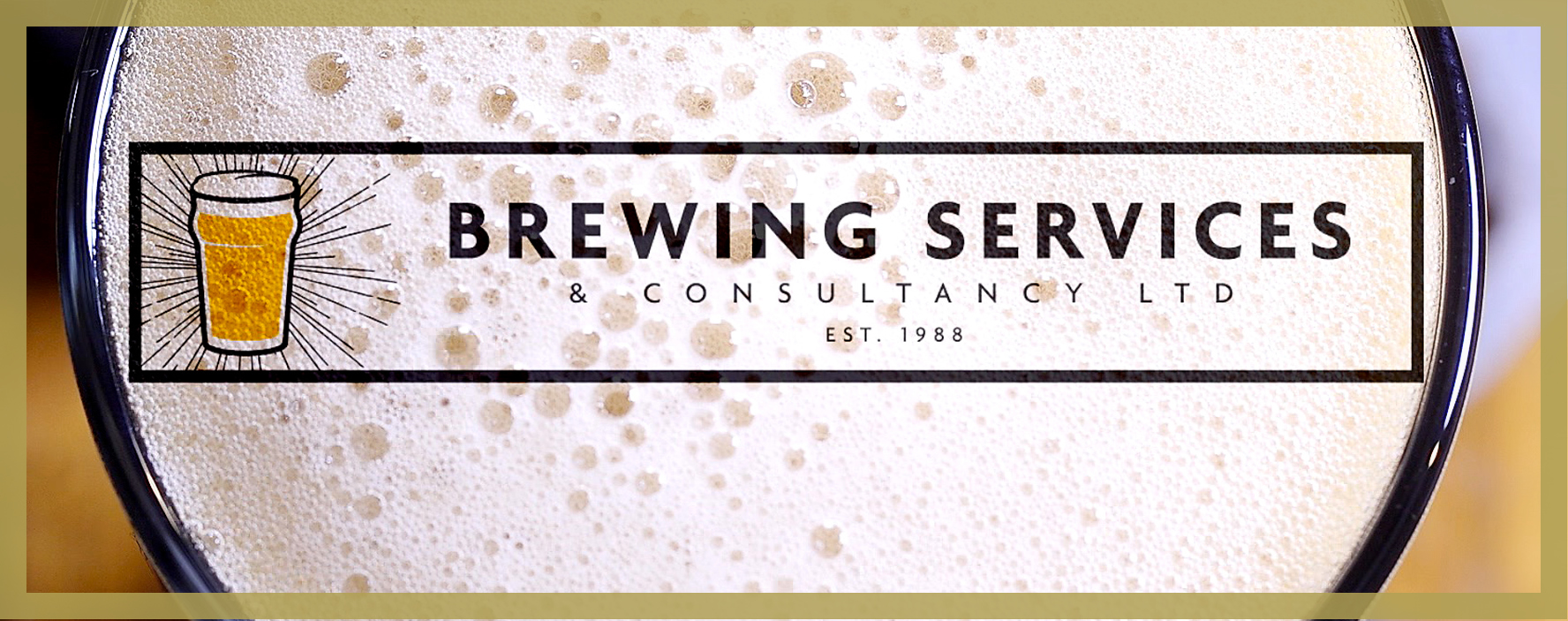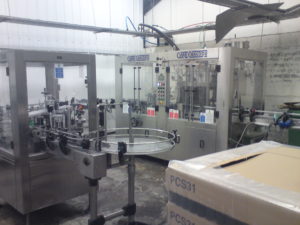

Over the past four months we’ve seen a quadrupling of the sales of small pack beer. More brewers than ever before have rushed to offer beer in both bottle and can, to be consumed at home. Packaging slots became like gold dust, and anyone with a means of filling bottles or cans were approached by desperate brewers needing small pack products for this quickly expanding home trade.
But: how often do brewers, (particularly when eager for stocks of bottles or cans), check that their beers are being handled properly by the packaging vendor? It’s potentially damaging to the brand if a beer lovingly brewed by the brewer, and bearing their name on the package, reaches the consumer in less than perfect condition as a result of problems during packaging.
Of course. As the old saying goes, ‘you can’t make a silk purse out of a sow’s ear. So often the disappointment on opening a can of beer and pouring a less than perfect pint can be traced back to the brewery, rather than the way it was packaged. So first and foremost, the brewer must do their part to ensure the beer sent for packaging is of the quality expected by the consumer.
If brewers are SALSA accredited, under Section 6 on Quality Requirements, it states ‘Where beer is packed at another site, precautions must be in place to ensure quality is retained’. The best way to do this is to go and inspect the packaging premises for yourself. This should be the case for all brewers, not just because they are part of an accreditation system but because they care about the quality of their beers.
The brewer checks that the beers will be processed as expected and quality is maintained from receipt through all the stages of the packaging process, and into final product.
The packagers need to know something about the brewer and their capabilities and assure themselves the beer is fit to package. The brewer and packager must work together to ensure the product’s integrity and quality is maintained, very much a symbiotic relationship. But it is all too often the case that, when problems do occur, the situation quickly becomes adversarial, rather than brewer and packager working together to discover the cause.

Before the beer leaves the brewery the brewer and packager should enter into an agreement about the product specification and how that beer will be handled to maintain the integrity of the product. This may vary greatly depending on the type of beer being packaged. It is at this stage that the packager ensures the expectations of the brewer can be met and they can achieve the desired final product.
The packager should have some means of checking the incoming beer is the correct one. It has been known for a mix-up, the wrong beer despatched, which then ends up wrongly packaged, – both brewer and packager are equally at fault. The onus should be on the packager to perform some basic tests, including simply tasting the beer, checking the correct beer has been sent and is fit to package.
If there are any suspected problems, the brewer should be notified immediately, and it is then be the brewer’s decision as to whether to go ahead with the packaging run or not.
Checks should be carried out by the packager at each stage of the process to ensure the product specification is met, including the legal requirements for packaged products, and to ensure beer quality is maintained throughout the packaging run. All of which should be fully documented, as well as any process or packaging line issues, such as filtration problems or packing line stoppages.
For the purposes of Due Diligence, it is important that when the beer is returned to the brewer, it is accompanied by full details of its journey from brewery into package and back to the brewer. This is of course especially necessary for accreditation purposes.

So, there is far more to getting the beers safely into small pack than simply standing at the brewery gate waving good-bye to the beer with fingers crossed behind your back. If you want the best for your beers don’t leave it to chance. Work with your chosen packager to help ensure what does come back is as expected by the consumer.
It is after all your name on the package.
